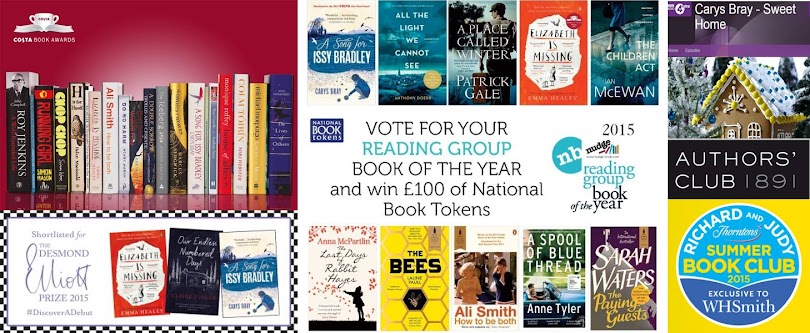 This week I've finally finished John Irving's A Prayer for Owen Meany. What a book! The story was meticulously crafted; so many disparate images and ideas came together in the closing scenes. The ending was perfect (and very sad). I'm glad I read A Payer for Owen Meany, a. because it was *so* good and b. because reading it was an exercise in practice-based research. The dénouement was perfect and Irving really made me think about miracles and predestination - I think I'm finished with miracles for now, but I'm really interested in predestination, self-fulfilling prophecies, patterns and coincidences...
This week I've finally finished John Irving's A Prayer for Owen Meany. What a book! The story was meticulously crafted; so many disparate images and ideas came together in the closing scenes. The ending was perfect (and very sad). I'm glad I read A Payer for Owen Meany, a. because it was *so* good and b. because reading it was an exercise in practice-based research. The dénouement was perfect and Irving really made me think about miracles and predestination - I think I'm finished with miracles for now, but I'm really interested in predestination, self-fulfilling prophecies, patterns and coincidences... 
It was lovely to see A Song for Issy Bradley in The Bookseller in the 'Pick of the Débuts' and 'Ones to Watch' sections (above). It still hasn't properly sunk in that the novel exists (in proof) and (a few) people are actually reading it.
I'm starting to think carefully about novel 2. The second novel is supposedly the hardest. Yesterday I read Are We Entering a Golden Age of the Second Novel? The article quotes Steven Fry:
“The problem with a second novel is that it takes almost no time to write compared with a first novel. If I write my first novel in a month at the age of 23 and my second novel takes me two years, which one have I written more quickly? The second, of course. The first took 23 years and contains all the experience, pain, stored-up artistry, anger, love, hope, comic invention and despair of a lifetime. The second is an act of professional writing. That is why it is so much more difficult.”I'm not sure whether Fry's observations about the difficulty of second novels make me feel better or worse.


No comments:
Post a Comment